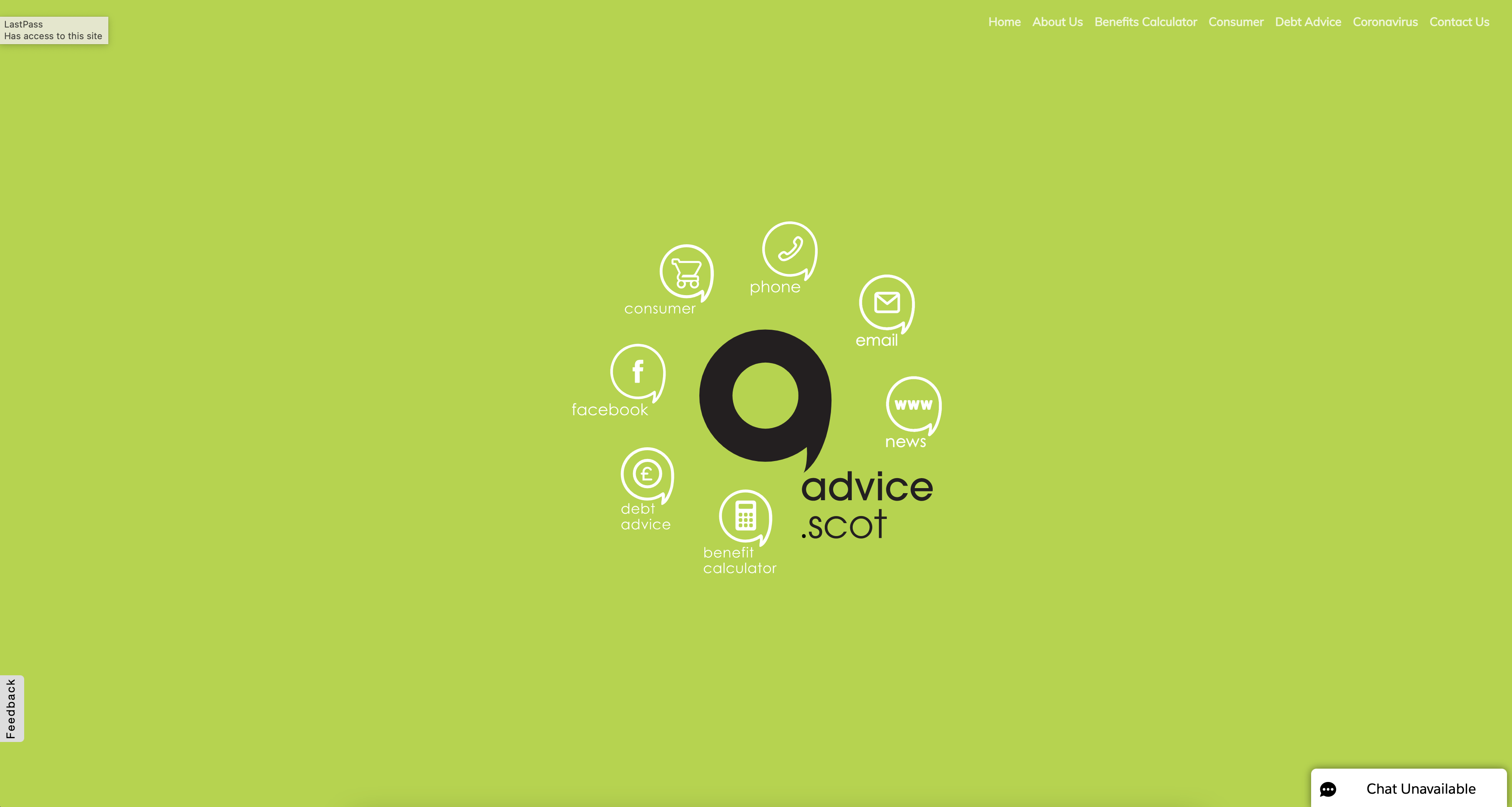
Glasgow, Scotland – October 08, 2024:
If sheriff officers have turned up at your door with a charge for payment on a debt that’s 10 years old, you might be wondering if you still need to pay it. After all, aren’t debt payments supposed to have a time limit?
Here’s what you need to know.
Step 1: Confirm the Identity of the Sheriff Officers
Before anything else, it’s important to verify who the sheriff officers are. Ask them for proof of ID and clarification on why they’re at your door. Are they acting as debt collectors for a private company, or are they there to enforce a court order?
In some cases, sheriff officers may give the impression that they are carrying out legal action when they are simply collecting a debt on behalf of a company. Be clear about their role in the situation.
Step 2: Is the Debt Still Enforceable?
The key issue is whether the debt in question is still legally enforceable. In Scotland, most debts – including credit cards, personal loans, and utility arrears – become ‘statute-barred’ after five years, provided that no legal action has been taken by the creditor during that time.
Once this five-year period has passed, the debt is considered ‘extinguished,’ meaning it can no longer be legally enforced. However, there are some exceptions:
- Council tax arrears and mortgage shortfalls have a longer time limit of 20 years.
- HMRC debts, such as unpaid tax and social security benefit overpayments, have no time limit at all.
If the creditor initiated legal action before the debt became time-barred, the debt remains valid, and you will still need to address it.
Step 3: Ask for Evidence of Legal Action
If you believe the debt should no longer be enforceable, you can request that the creditor provide evidence of any legal action they took within the relevant period. If they cannot provide proof, you may be able to argue that the debt is no longer valid. In some cases, you may even be able to request a refund for any payments you’ve already made on the debt.
Step 4: What to Do If the Debt Is Still Enforceable
If the debt is still enforceable, it’s important to explore repayment options rather than ignoring the situation. Failing to address the debt could lead to serious consequences, such as:
- Wage arrestment (where part of your wages are taken to repay the debt)
- Asset seizures
- Sequestration (Scottish bankruptcy)
Additionally, you may face costly legal fees that could affect your finances for years to come.
Take Action Now to Protect Your Finances
If you’ve received a charge for payment notice, taking action now can help you avoid further financial strain and protect your money in the future.
For more support and guidance, you can visit moneyadvice.scot, which offers a knowledge centre and live chat services. You can also contact our free advice line at 0808 196 2316.
Don’t let an old debt catch you off guard—reach out for help today!
Free, impartial and practical advice is available to anyone in Scotland through Advice Direct Scotland’s advice.scot service.
People can seek help in a number of different ways: freephone 0808 800 9060; and online, web chat and email at www.advice.scot.
Media Enquiries

Marc Roseblade
Head of Content, Media and Marketing , Advice Direct Scotland
m: 07542 027083
e: marc.roseblade@advice.scot | w: https://www.advicedirect.scot
a: Mercantile Chambers, 39 ‑ 69 Bothwell Street, Glasgow, G2 6TS











